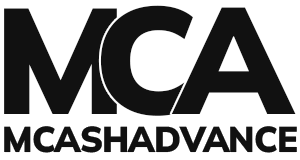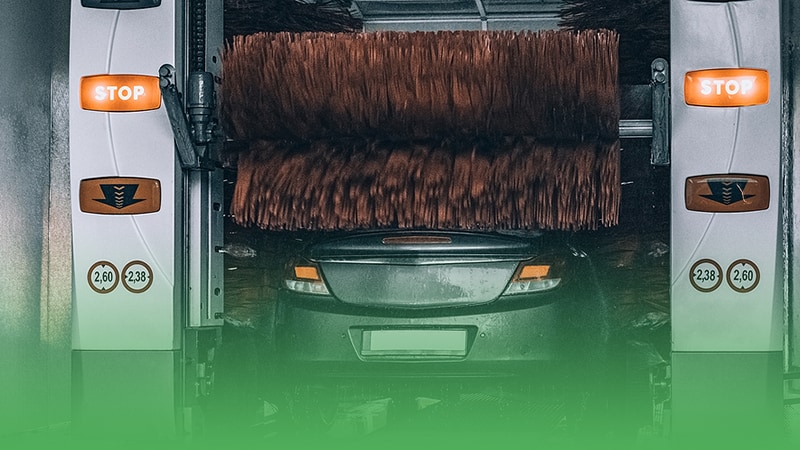Industries We Finance
Your business deserves easier access to funding to tackle challenges and achieve growth. We fund most industries, including those considered high-risk. If your business operates within one of the industries listed below, it means we have already funded businesses in your industry. If your industry isn’t listed, don’t worry. We can still provide a customized MCA offer based on your credit card sales.
Retail & Business Services

Franchise Business Funding
Fast food franchises, retail franchises, service-based franchises & more.

Cleaning Service Business Funding
Commercial cleaners, home cleaners, specialized cleaning services & more.

Dry Cleaner Business Funding
Standard dry cleaners, organic cleaners, specialty cleaners & more.
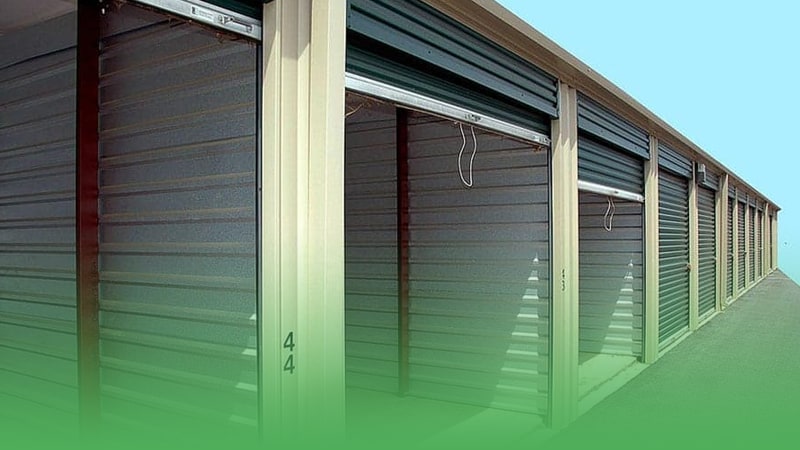
Self-Storage Business Funding
Climate-controlled units, RV storage, boat storage & more.

Daycare Business Funding
Early childhood centers, afterschool programs, special needs care & more.

Bookstore Business Funding
New book retailers, used bookstores, specialized book shops & more.

Apparel Business Funding
Fashion retailers, sports apparel stores, online clothing shops & more.

Towing Service Business Funding
Emergency towing, long-distance towing, vehicle recovery & more.

CBD Business Funding
CBD retailers, online stores, health-focused CBD shops & more.

Commercial Fishing Business Funding
Deep-sea fishing, aquaculture operations, seafood markets & more.

Pest Control Business Funding
Residential pest control, commercial pest control, specialized services & more.

Pet Store Business Funding
Pet food retailers, grooming services, pet supply shops & more.

Furniture Store Business Funding
Luxury furniture stores, discount furniture shops, specialized retailers & more.
Contractors

Construction Business Funding
General contractors, specialized subcontractors, renovation services & more.

Electrician Business Funding
Residential electricians, commercial electricians, industrial services & more.

HVAC Company Business Funding
Heating services, air conditioning services, ventilation services & more.

Roofing Business Funding
Residential roofing, commercial roofing, repair services & more.

Plumbing Business Funding
Residential plumbing, commercial plumbing, emergency services & more.
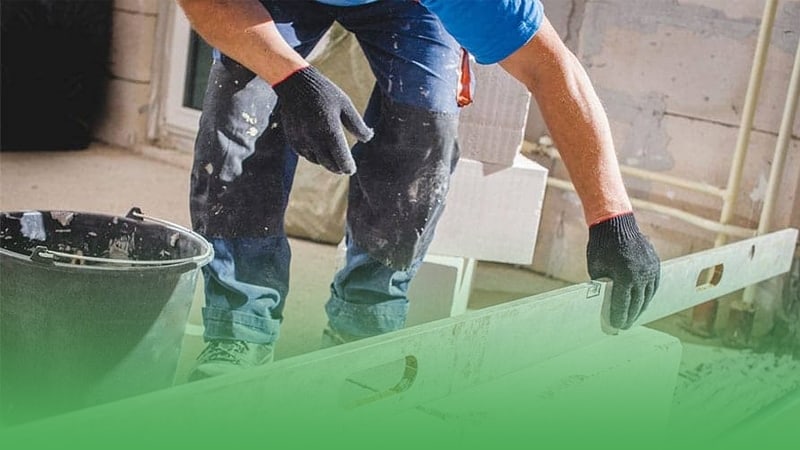
Masonry Business Funding
Stone masons, bricklayers, concrete services & more.

Flooring Business Funding
Carpet installers, hardwood flooring, tile services & more.

Painting Company Business Funding
Residential painters, commercial painters, specialty painting services & more.
Health & Wellness

Dental Practice Business Funding
General dentistry, orthodontics, oral surgery practices, and more.

Chiropractic Business Funding
General chiropractic clinics, sports-focused chiropractic practices, wellness centers, and more.
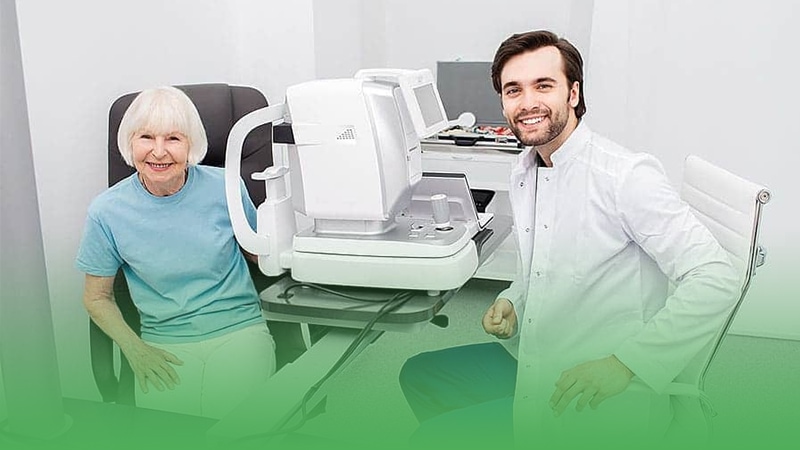
Optometry Business Funding
Optical shops, eye clinics, optometric centers, and more.

Pharmacy Business Funding
Community pharmacies, hospital pharmacies, compounding pharmacies, and more.

Podiatry Business Funding
Foot clinics, ankle treatment centers, orthopedic podiatry practices, and more.

Senior Care Business Funding
Home care agencies, senior living facilities, hospice care, and more.
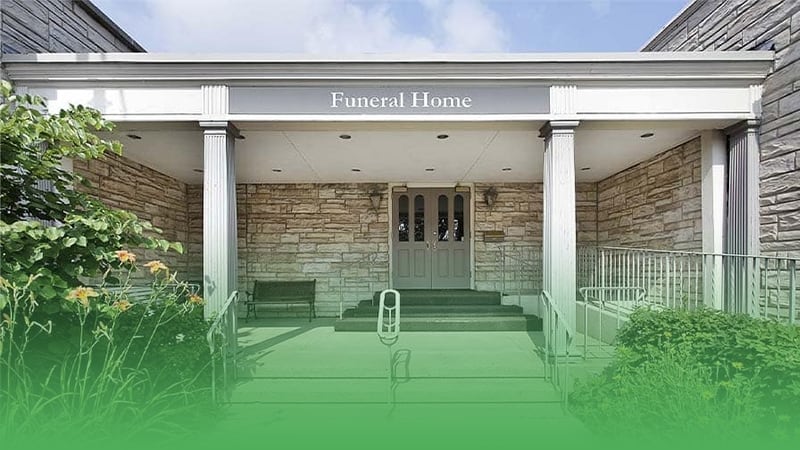
Funeral Home Funding
Traditional funeral services, cremation services, memorial services, and more.
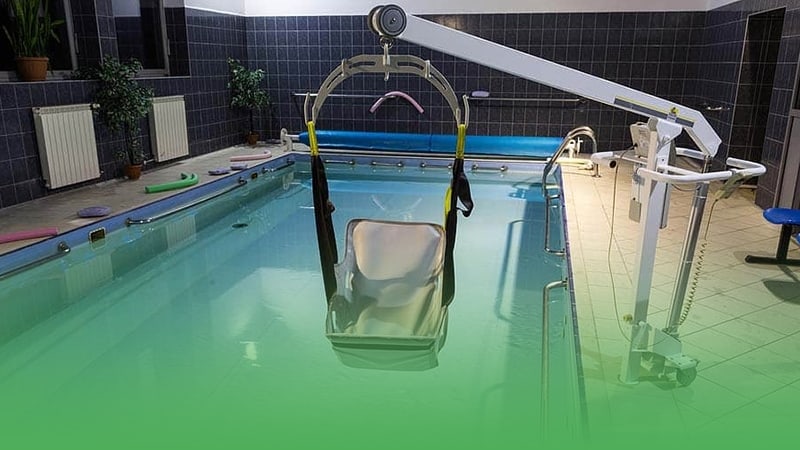
Assisted Living Facility Business Funding
Short-term rehab facilities, long-term care facilities, adult day care, and more.

Psychiatry Practice Business Funding
General psychiatry clinics, specialized mental health centers, counseling services, and more.
Manufacturing & Factories

Manufacturing Business Funding
Consumer goods manufacturing, heavy machinery, textiles, and more.
Transportation

Moving Company Business Funding
Local movers, long-distance moving services, specialized moving services, and more.
Farming

Farm Equipment Business Funding
Crop production, livestock farming, agricultural machinery, and more.
Food Services

Restaurant Business Funding
Fast food chains, fine dining establishments, casual eateries, and more.

Catering Business Funding
Corporate event catering, wedding catering, specialized cuisine catering, and more.

Bakery Business Funding
Retail bakeries, wholesale bakeries, specialty bakeshops, and more.
Technology & eCommerce

Electronics Shop Business Funding
Consumer electronics, repair services, electronic parts suppliers, and more.

Ecommerce Business Funding
Online retailers, subscription box services, digital platforms, and more.
Specialized Business Loans

Startup Business Funding
Tech startups, product-based startups, service-oriented startups, and more.
Professional Service

Accounting Business Funding
Accounting firms, auditing practices, bookkeeping services, and more.
